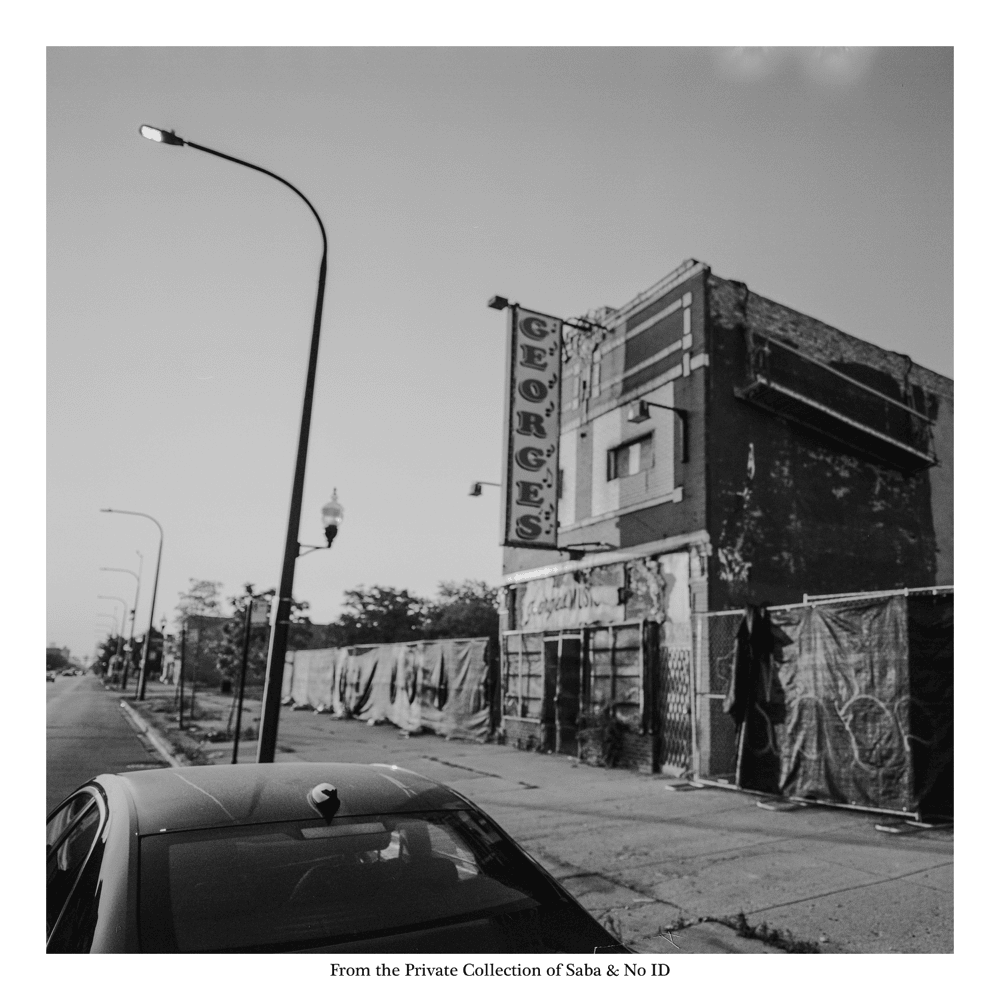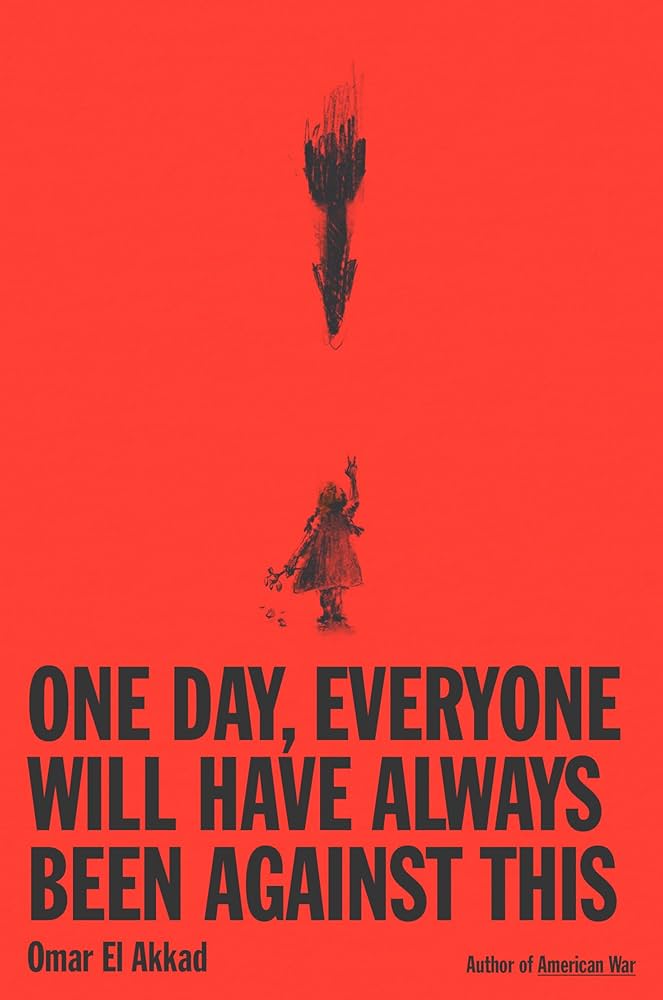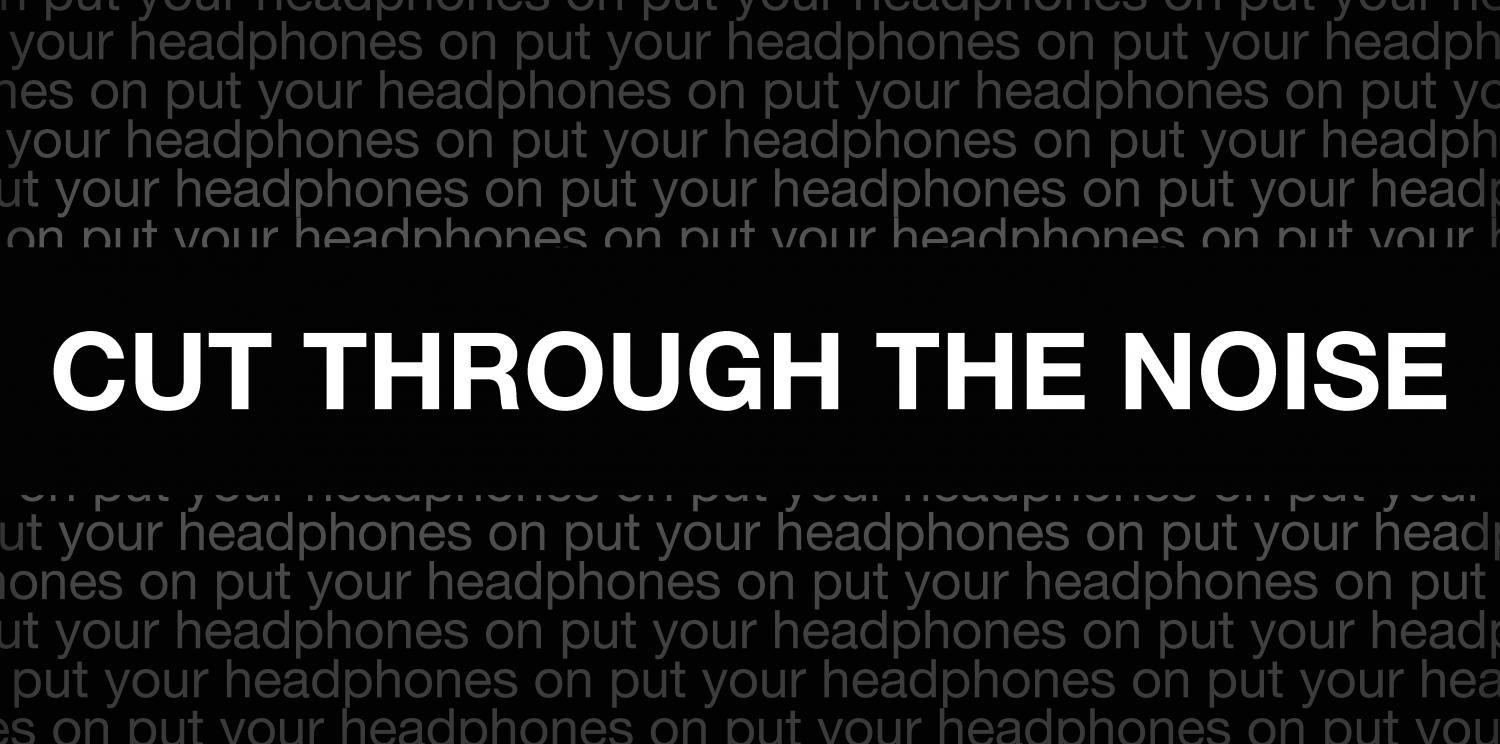In the digital age, music listeners have access to almost any music they want to hear. Deep cuts from the beginning of an artist’s career, a demo that was never entirely produced and bonus tracks off deluxe albums are all kinds of unreleased music that one could find on any major streaming platform. With complete access to all of this music, listeners are faced with a moral dilemma: respect the artist’s choice or disregard it and listen anyway?
Many people listen to unreleased music. They may not find it unethical to listen to music that wasn’t leaked before the release date or if the artist themself hasn’t spoken against it. People have the right to listen to the music of their choice, as long as they are not illegally pirating it. For example, when Taylor Swift released “Hits Different,” a bonus track off her album “Midnights,” many weren’t willing to pay the twenty dollars at Target for the deluxe CD. As a result of this, it wasn’t a surprise when the song was soon found in the form of a podcast on Spotify. The track wasn’t stolen from her computer or illegally released before the due date, and fans should be able to listen to any of her music that she’s officially released, whether they can afford the CD or not.
Every situation with unreleased music has to be contextualized. For example, I couldn’t have been more excited when Phoebe Bridgers and Maggie Rogers announced they would be covering the Goo Goo Dolls “Iris” to raise money to support abortion access. When they released it as a twenty-four-hour-only download option on Bandcamp, I was happy to donate to the Brigid Alliance, as the artists were accepting any amount of donation in exchange for access to the song. However, because the sole purpose of its release was to raise money for charity, some may have found it unethical to listen to the music in unreleased form. I do not know how Bridgers and Rogers felt about fans listening to it on streaming services without donating anything, but if they wanted the music to be for their listeners’ pleasure, they would have released it themselves eventually.
Not every instance is so black and white, though. Controversy has arisen when music labels will release music from artists after their death. With artists like Mac Miller, Juice Wrld and Prince, fans did not know whether it was right or not to listen to music that was never cleared to be released by the artist themselves. Many times, the people who profit off of these songs released posthumously aren’t the right people, like immediate family or friends. There are varying perspectives on this issue — some people think it’s a nice way to carry on the artist’s lasting legacy, while others think it’s wrong to profit from music that the artists never agreed to release in the first place.
Ultimately, it’s up to the listener to decide whether it is moral or not to listen to unreleased music. Sometimes, it is difficult to decide whether listening to it is right or wrong, but plenty of situations can be clear — it may be evident if a song was stolen or if it is only a deep cut. As listeners already have to navigate the digital world on their own, we can only hope that the majority of people will make the right choice depending on the situation.










